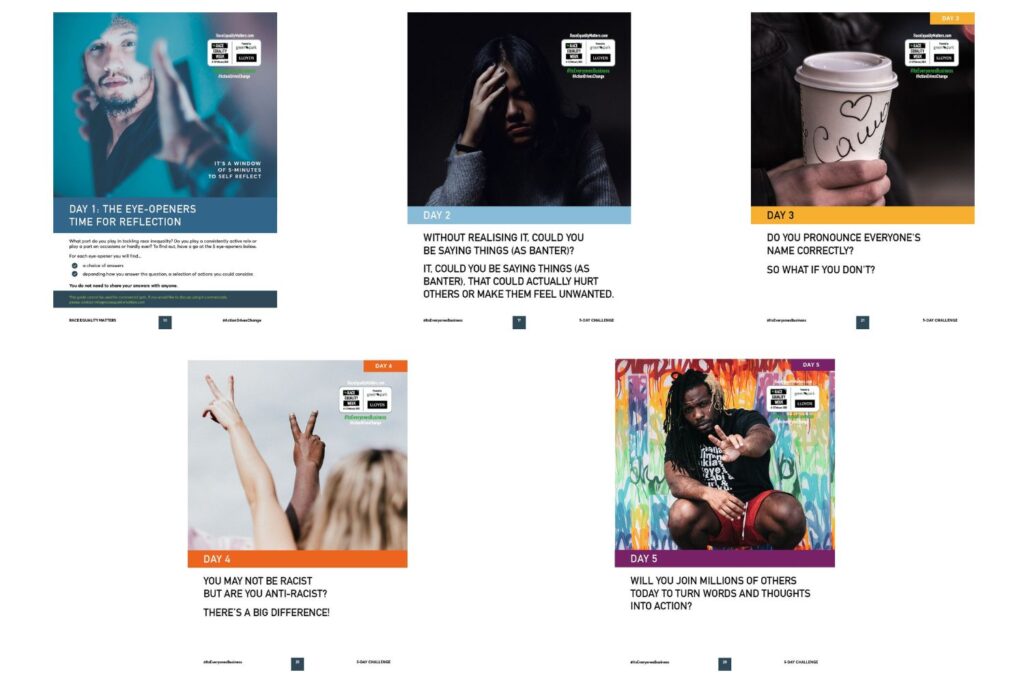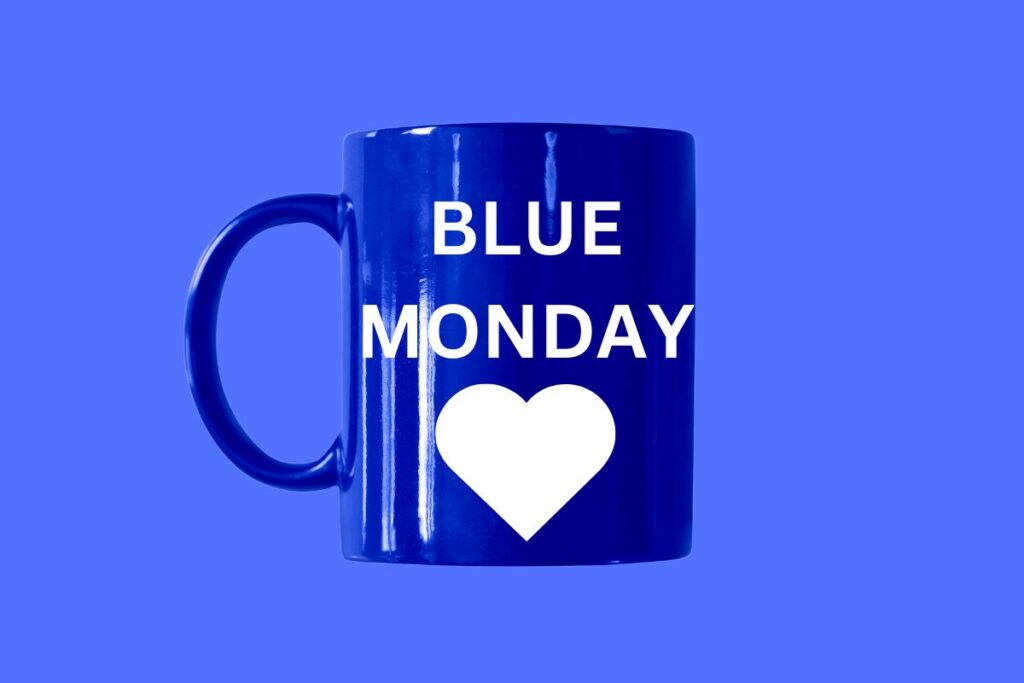Blue Monday falls on the 16th January and is a day to consider and act on mental health. With the December break a distant memory and the dark winter days continuing, the new year can be a difficult time for many people.
The term ‘Blue Monday’ was coined in 2005 as the saddest day of the year and though it is based on a calculation that has now been refuted as ‘pseudoscience’, the day can be one for reflection on mental health and wellbeing .
Whilst statistics on mental health can be misleading, the Mental Health Foundation has found that ethnically diverse populations are more likely to experience socio-economic conditions that can trigger mental health issues and often experience unequal access to mental health therapy and treatment. Furthermore, some ethnically diverse groups have been found to experience poorer mental health than white people, such as Black women are known to experience anxiety and depression disorders more than their white counterparts.
Whether the third Monday of January is a challenging month for your mental health or not, Blue Monday can be a time to reflect on yourself and others’ mental wellbeing. This can be in your personal life, or alternatively a reflection on mental health and wellbeing in your workplace.
How can you take action to improve the mental health or wellbeing of one of your colleagues this Blue Monday?
The Five Day Challenge
Race Equality Matters’ 5-Day Challenge is a new solution to tackle race inequality in the workplace. The first day of the Challenge is an ‘eye-opener’ that encourages people to reflect on their assumptions, actions and attitudes towards race in their professional and personal lives. This Blue Monday, we encourage participants to ask themselves:
Have you ever avoided sitting next to someone based on how you perceived their race, religion, or ability?
Misconceptions drive negative racial profiling and contribute to systemic racism across societies and communities.
A simple act of sitting next to someone in the canteen or in a meeting can brighten that person’s mood and begin to challenge individual misconceptions. Today can be an opportunity to approach someone new (if they are okay with it!) and check in with them and their wellbeing. Be sure to provide support, not intrusion, as some people benefit from time by themselves too.

The American Psychological Association (APA) has provided evidence on racial stereotypes and bias amongst children and adults, in which 3 month-old babies have demonstrated preferences to certain racial group faces and by 3 years-old children can associate some racial groups with negative traits.
The APA and associated academics encourage conversations about racial bias from a young age, to be sustained into adulthood, in order to reduce the negative effects of this.
These misconceptions can also drive racial bias in the workplace. A 2019 meta-analysis, involving over 80,000 people, found that unconscious bias training in the workplace did not change bias behaviour. Yet organisations continuously spend tens of thousands of pounds to get their staff to do it- why?
What can you and your organisation do to reduce negative perceptions and bias in the workplace?
Can this begin with a simple act?
A survey collected from Race Equality Matters’ most recent event found that only 7% feel the majority of allies are making an impact in tackling race inequality in their workplace, with 54% stating allies had none or very little impact. Solutions that encourage meaningful and accountable change will help tackle race inequality more than tokenistic training programmes.
This Blue Monday you can make a difference to your workplace culture through a simple act of kindness.
This Race Equality Week you can make a difference to your workplace culture through committing to meaningful change.
Start your journey today. Download the Five Day Challenge Guide. #ItsEveryonesBusiness

